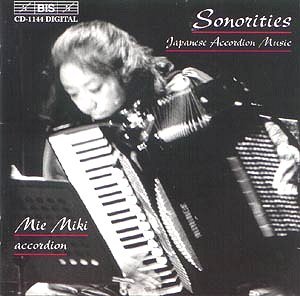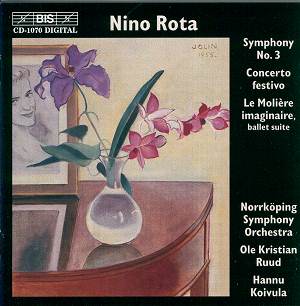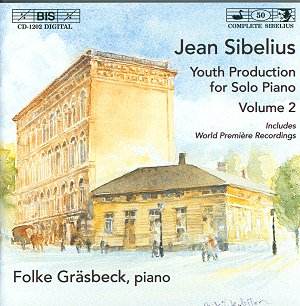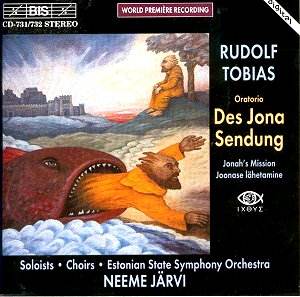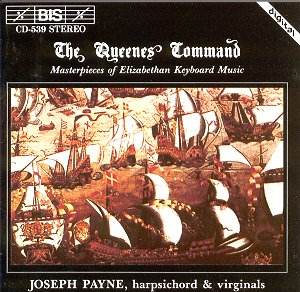 Composer: Various
Composer: Various
Works: Queenes Command: Keyboard Music
Performer: Joseph Payne, harpsichord
Recording Date: May and August 1991
Label: BIS-CD 539
Duration: 74:25
Release Date: October 2001
In the realm of Elizabethan keyboard music, where the delicate interplay of melody and polyphony finds its most exquisite expression, Joseph Payne’s Queen’s Command offers a compelling survey of this golden era. The recording showcases a selection of works from a pantheon of composers, including Orlando Gibbons, John Bull, John Dowland, and William Byrd. This anthology embodies not only the stylistic diversity of English keyboard compositions from 1583 to 1750 but also the nuanced performance techniques that breathe life into these historical treasures.
The Elizabethan period, often heralded as a musical renaissance, produced a distinct idiom that transcended the conventions of continental Europe, fostering a unique soundscape. The inclusion of Gibbons’ Fantasia stands as a testament to this evolution. Payne’s interpretation captures the flowing, almost improvisatory nature of this piece, wherein Gibbons, with deft counterpoint, weaves together contrasting sections—much akin to a modern toccata. Here, Payne’s touch is both firm and delicate, navigating the shifting textures with a sensitivity that highlights the work’s lyrical beauty.
John Bull’s contributions are equally significant, particularly his In Nomine (IX), the recording’s longest piece. In this work, Bull’s variations challenge the listener to discern the thematic material beneath layers of intricate embellishment. Payne’s approach is judicious; he maintains clarity amidst the complexity, allowing the thematic undercurrents to emerge without losing the rich tapestry of variation. This careful balancing act is reminiscent of the interpretations of notable keyboardists such as Martin Pearlman, yet Payne imbues the music with a distinctive freshness that is both engaging and enlightening.
John Dowland’s Pavana Lachrimae, typically associated with the lute, benefits from Byrd’s masterful arrangement for keyboard. Here, Payne evokes the melancholic essence of the original while employing a more incisive articulation that heightens the emotional weight of the piece. The contrast between the softer tones of the lute and the sharper clarity of the harpsichord provides a fascinating perspective on Dowland’s most celebrated work. Byrd’s influence looms large, as he adeptly channels the original’s poignant qualities through his own lens, and Payne’s performance honors this lineage with profound respect.
Byrd’s own compositions, such as The Queen’s Alman and Lord Willobies Welcome Home, reveal his unmatched prowess as a keyboard composer. In these pieces, Payne exhibits a remarkable ability to illuminate Byrd’s melodic lines, embellishing them with a deftness that brings forth their inherent charm. The Carman’s Whistle serves as a fitting conclusion to the disc, with its seemingly simple melody transformed through a series of variations. Payne’s control of dynamics and phrasing here is particularly commendable; he captures the playful spirit of the work while maintaining a sense of structural coherence.
The recording quality of Queen’s Command is impeccable, showcasing each instrument’s tonal characteristics without compromising the intimate atmosphere these pieces demand. The engineering allows for a clarity that reveals the subtle nuances in Payne’s performance, making it an auditory experience that is both enlightening and pleasurable. However, one might lament the absence of more extensive liner notes that explore the historical significance of these works and the specific interpretative choices made by Payne. A deeper context could enhance the listener’s engagement with this rich repertoire.
In conclusion, Queen’s Command stands as a significant addition to the discography of Elizabethan keyboard music. Joseph Payne’s interpretations resonate with both historical fidelity and present-day relevance, inviting listeners into a world where each note is imbued with the spirit of its time. This collection not only highlights the infinite variety of English keyboard music but also serves as a reminder of the profound artistic legacy left by these composers. For anyone seeking to delve into the intricacies of this period, Payne’s performance is not merely recommended; it is essential.
